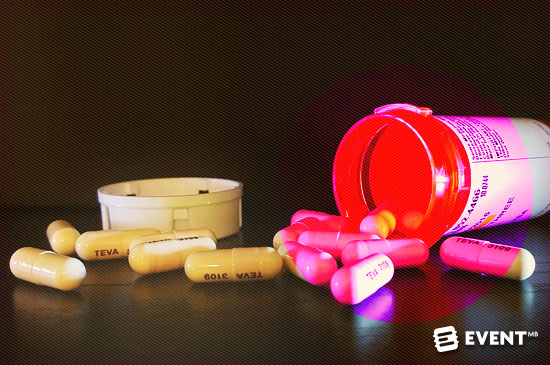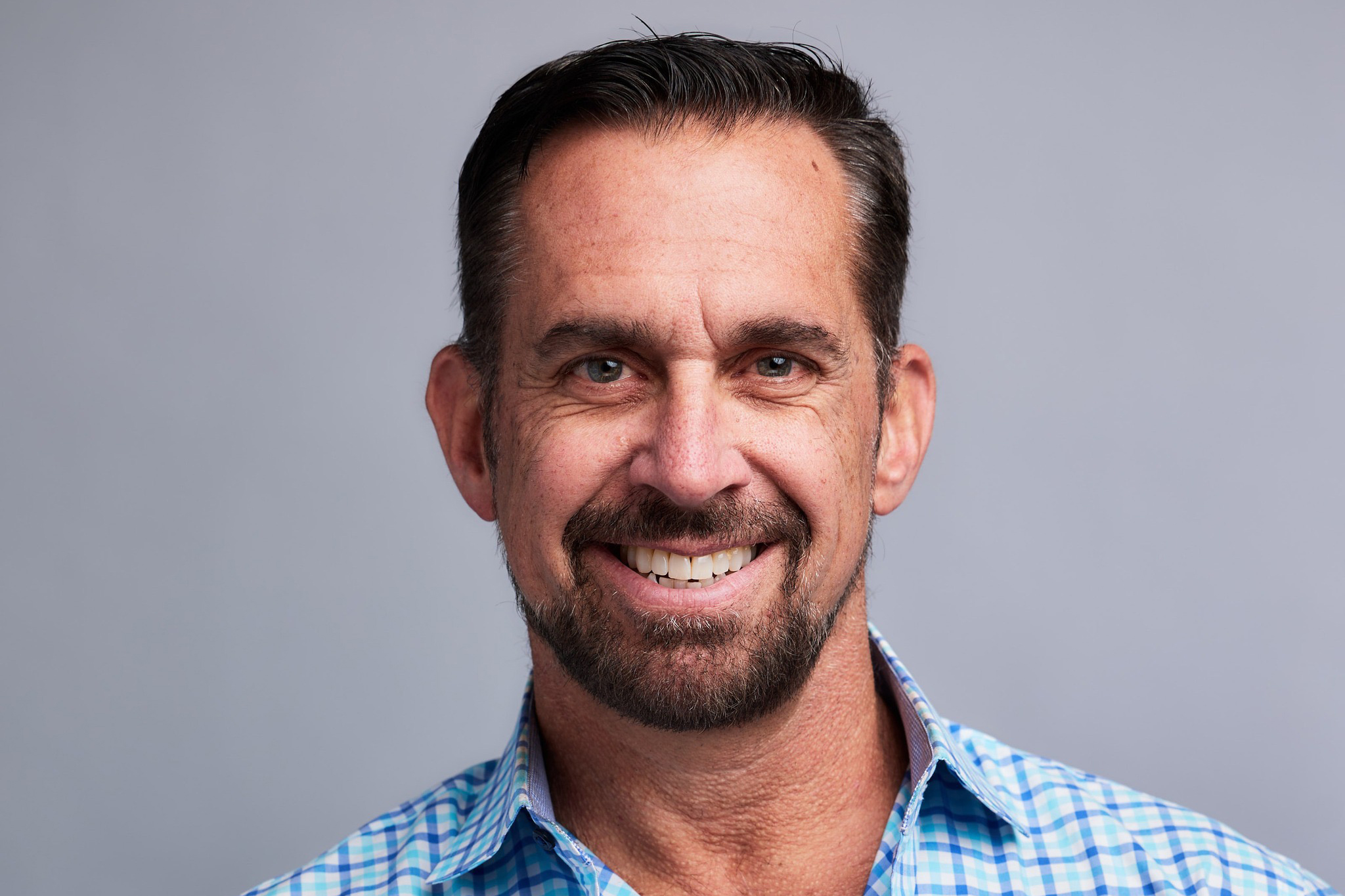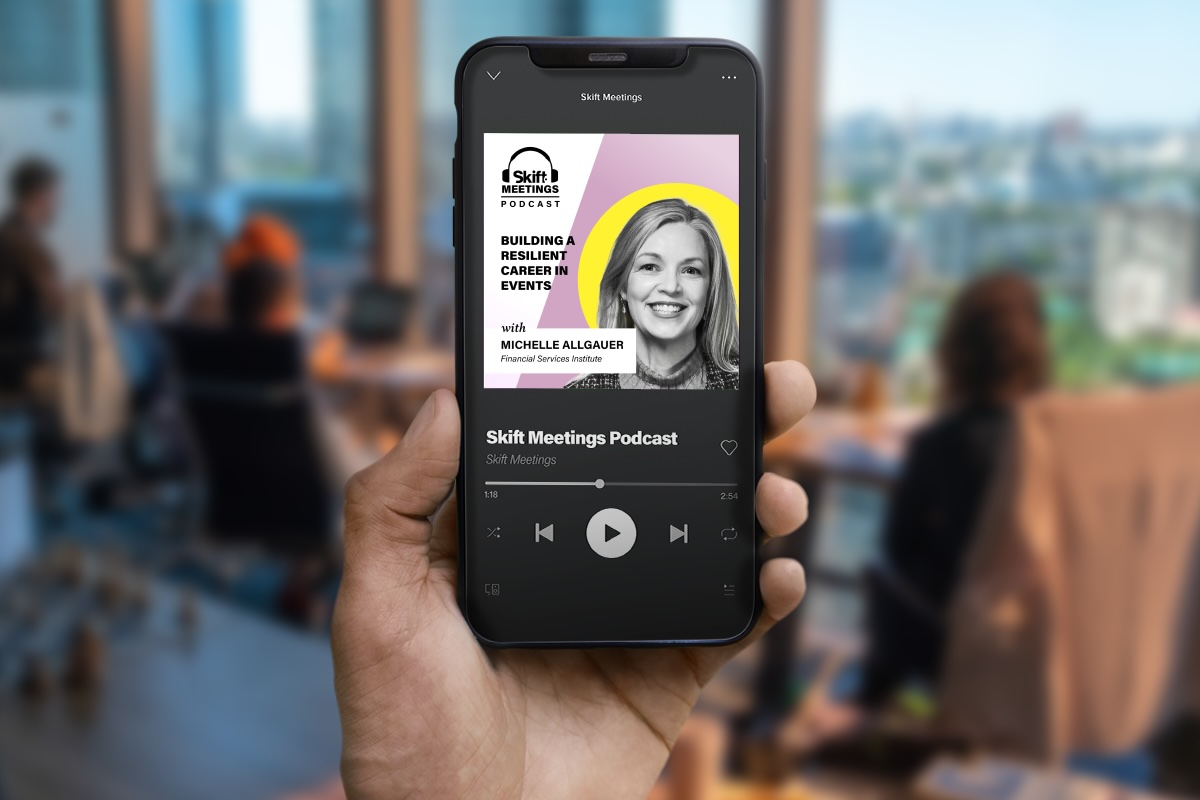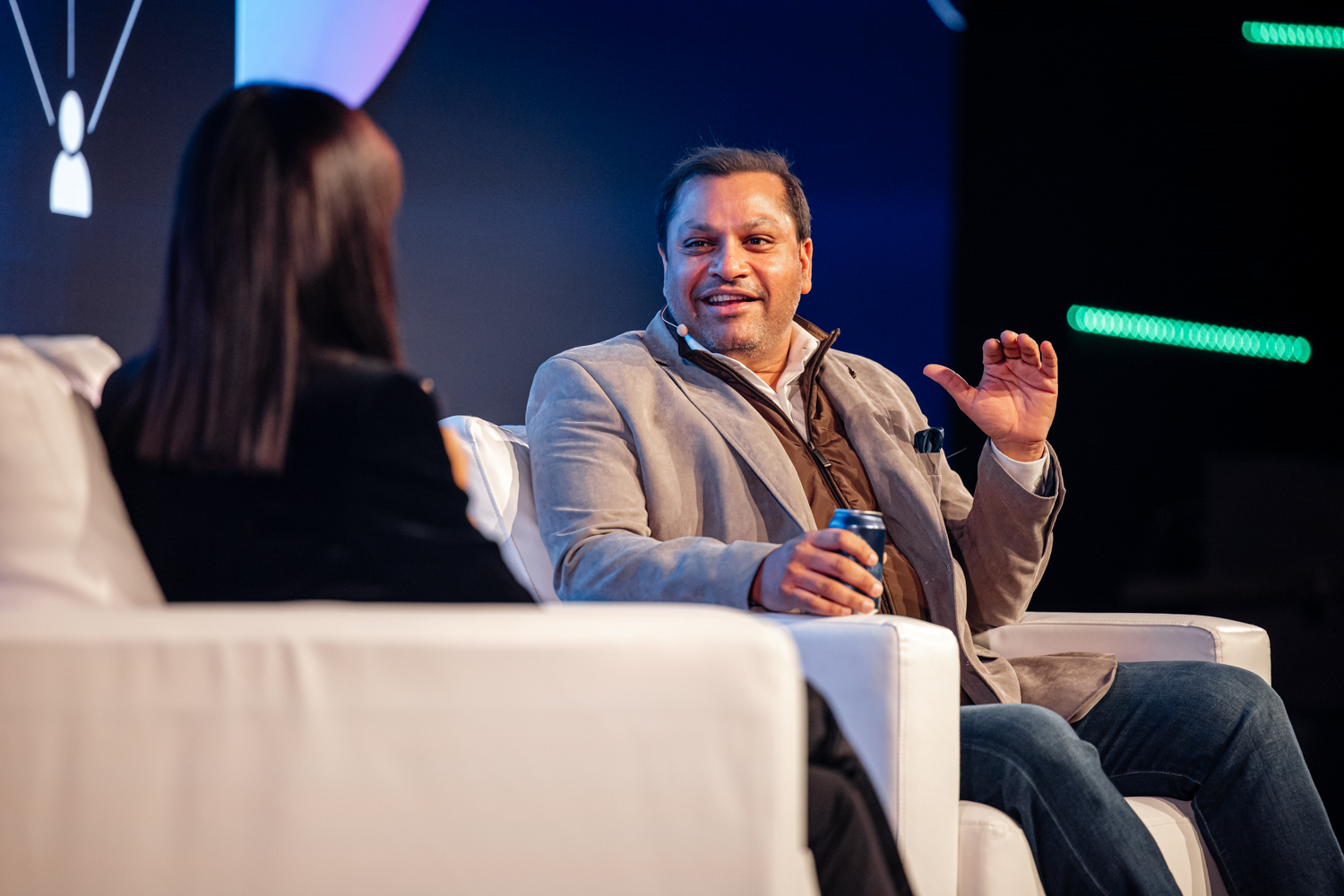Skift Take
Okay, so event planning may not be as dangerous as krokodil but getting caught up in the addiction of cyclical stress and not taking care of yourself, can lead to burnout or worse. Are you addicted? Check out how you might be and not even realize it.
The title of this article might’ve made you chuckle a bit but there is something very intoxicating in this lifestyle. If you don’t practice some form of moderation and self-care, you may find yourself with the event monkey on your back.
What Causes Event Planning Addiction?
Addiction is habitual dependence on a practice to achieve a desired outcome. This outcome is generally pleasurable at first, which causes the brain to associate the activity with feeling good. That’s why you can become addicted to things that don’t really have addictive qualities like being addicted to eating versus nicotine.
No one is exactly sure what makes some people more likely to become addicted than others to actions but some theories suggest addicts have deficiencies in the reward center of their brain in the form of fewer natural opiates. While you can’t crack open your brain and count your opiates, you can recognize what it is about event planning that could become addictive.
Adrenaline Rush
Some people skydive, some ride motorcycles along s-curves at high speeds, and some plan events. These people tend to have one thing in common – they enjoy the rush. You know the nerves you get right before a big event and the high you feel with everything coming together? Those nerves cause your body to release cortisol into your bloodstream. It’s what gives most people the urge for fight or flight but it also provides a high when your body goes into auto-pilot mode. People who are drawn to the “rush” love that feeling of being out of control. You get that as an event planner. That surge of adrenaline comes before peak performance in athletes and right before an event all comes together for the event planner.
Stress
If you’ve ever watched Discovery Channel’s show Deadliest Catch, you’ve seen a group of crabbers that deal with incredible amounts of stress in the natural danger they face, stress behind calculating an accurate numbers of crabs that they’ve caught (they’ll get fined by the Department of Natural Resources if they catch over their quota), and making their delivery schedule at the packaging plant. Yet, under all this pressure you’ll often find them laughing like it’s a party. They’re giddy. And when they are done with their season, they sign on for another one, and another because sitting at home on the couch doesn’t give them the same thrill as risking their lives.
Event planning can feel the same way. The stress can be unbearable but when it’s not there, things seem boring. You become so used to multitasking that times when only one thing demands your attention feel flat and uninspiring.
Making People Feel Good
Another component of addiction in event planning is the extreme desire to make people feel good. It’s a Fairy Godmother or Genie Syndrome – “I can make your every wish come true.” It’s very intoxicating to have the kind of power to grant wishes and cater to dreams. You’re surrounded by people who are enjoying themselves because of something you’ve done.
The Schedule
This sounds like a weird form of addiction but an event planner’s schedule can be very addictive. You work long crazy hours over and over and after a while, you realize it’s all you know. It’s like athletes who get in the “zone.” After a period of exercise, they achieve that high-performance adrenalin-inducing zone feeling. Endorphins are released into their systems. When you stay in that zone, and those endorphins are released, you get addicted to that type of performance much the same way you’ll hear exercise enthusiasts say if they can’t work out every day, they feel off.
Break the Addiction
If you stay on this endless cycle of stress, lack of sleep, and running on adrenaline, your body will say “enough!” eventually. That’s why it’s important to take periodic breaks. Unplug. Vary up your routine and let someone else run point for a Saturday event so you can have some downtime.
If you can’t completely break the cycle, do something similar but less stressful. Set aside a day for professional development or mapping out goals for your business and future. Create a vision board – event planners are, after all, visual people. Go into that day with eight hours of sleep and end it by getting another eight hours.
Find ways to reduce your stress in an activity you enjoy, whether that’s running or meditation. Find something that works for you. Look for opportunities to slow down and grab them even if they’re just small breaks out of your day. Create an afternoon ritual that brings a little calm into your life.
Take the nutrition of your body seriously and stop scarfing down the nearest fast-food item or catering sample in between venues.
If You Don’t…
If you don’t start taking care of yourself, you’ll notice events don’t give you a sense of satisfaction like they once did. You’ll feel a letdown after each is over. You get addicted to the fast pace and then when it’s ended if you don’t immediately go into something else, you feel a post-event depression. The high doesn’t keep coming with the same excitement it did before. So you do more and push yourself harder to try to get to it again…. but you can’t.
Stress will wear at your body. You will have no choice but to slow down. Your body will put on the brakes and when that happens it can involve a hospital stay.
In Conclusion
If you think you’re addicted to event planning, it’s not all bad news. You probably have an amazing business, one that gives you great satisfaction.
But if you realize you need to break the habit for a bit, know there are no clinics you have to go to in order to be detoxed or medicines you have to take. The one thing you need to do is take care of yourself. When you’re addicted to a fast-paced industry like event planning you will run yourself ragged until you have nothing other than fumes. This is fine to get through one event but not a way to continually run your business. That sort of driving yourself to the brink will lead to exhaustion and a stress level so high it will eventually surface in your health. Take care of your body. It’s the only one you have.





